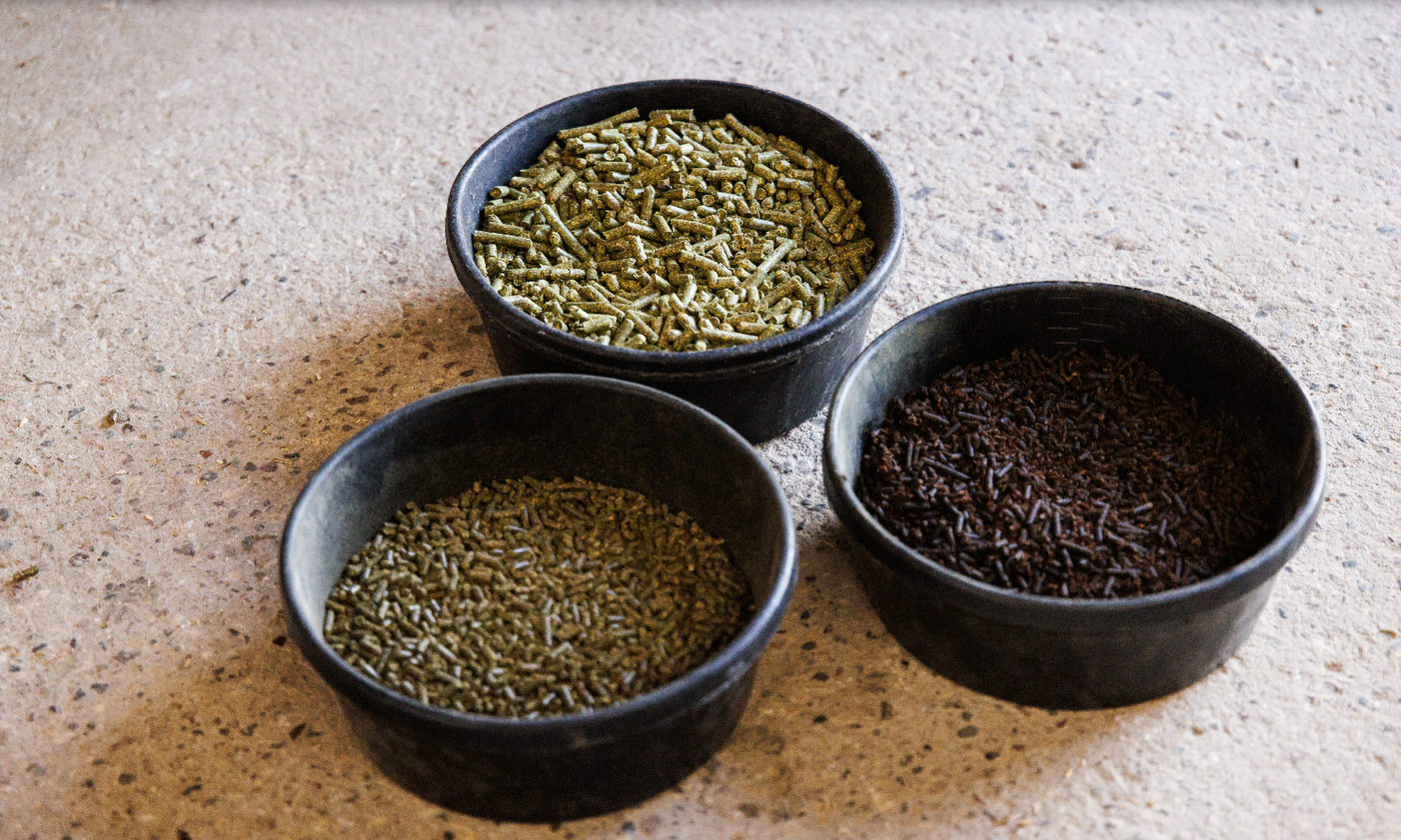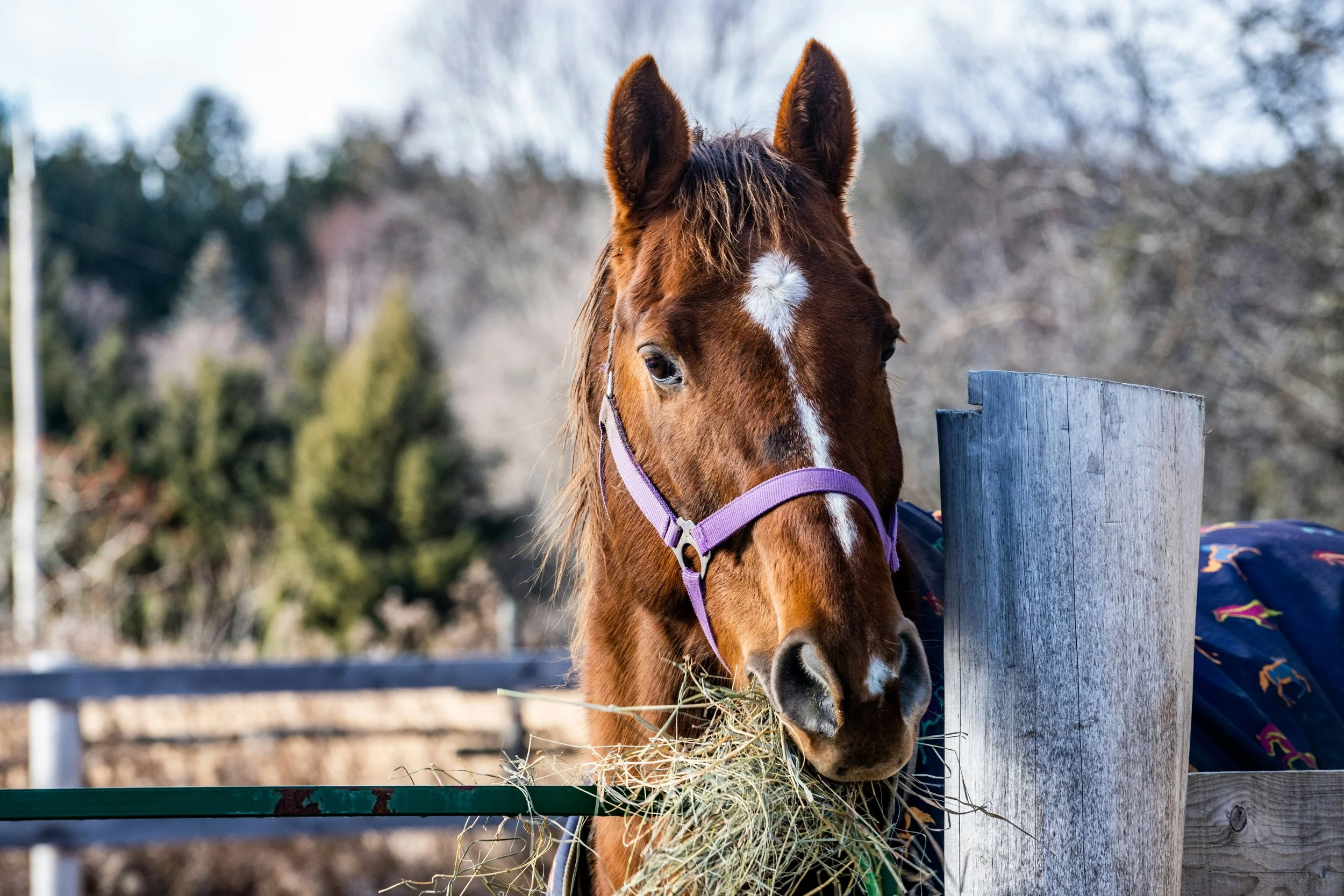
Nutrition Education
Articles
The 80/20 “Rule”: A New Approach to Feeding Horses—But Should You Follow It?
Is there a preference for foraging during the daytime? Should we consider adjusting our horses' feeding schedule based on this?
Let’s explore the research to fully understand what it reveals—and what it doesn't—about the timing of foraging behaviors and its implications for feeding practices.
How to Read and Understand Scientific Research: A Guide for the Consumer
How do you understand research papers?
Supplement and Labeling Regulatory Information
Let’s learn about supplement labeling from guest columnist Rose Albrecht
Reduce Ulcer Risk During Training with this Simple and Free Strategy
How To Reduce Ulcer Risk In Horses: My top free and simple tip!
To avoid acid splashing into the unprotected upper part of the horse's stomach, it is recommended by Revolution Equine that horses consume 1-2 lbs of long stem hay thirty minutes before any work. It's important to note that this hay does not have to be alfalfa. This practice will keep the acid in the buffered part of the stomach and help maintain your horse's overall health and performance.
What exactly are high and low starch feeds?
Let's talk about what a "high starch and sugar" feed really is and what you need to pay attention to.
Vitamin K and Bone Supplements
As owners, we want to make sure our horses have strong and healthy bones throughout their lives. Are these products you should consider?










